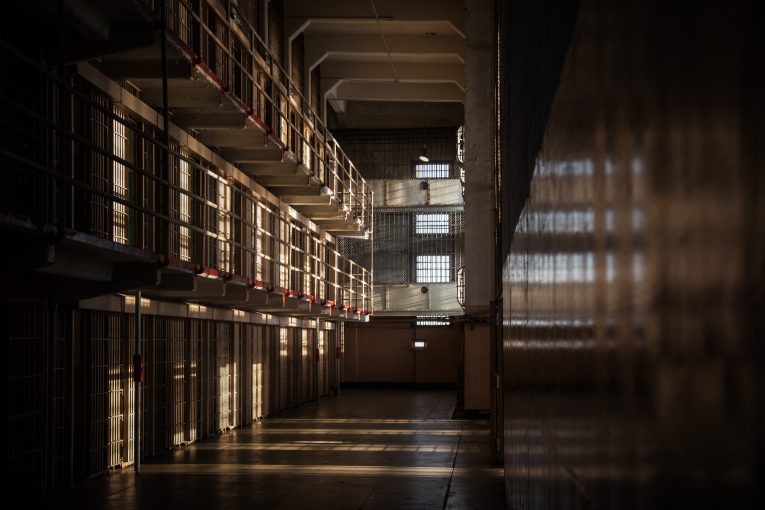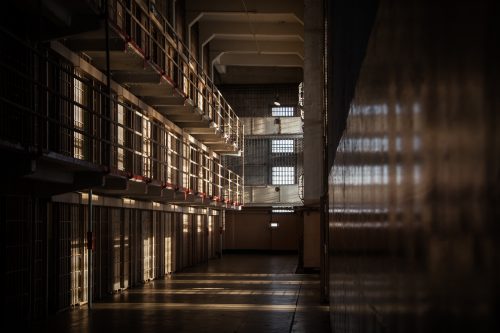

By The Vanguard Staff
LOS ANGELES, CA – The American Civil Liberties Union and Los Angeles County announced late Friday they reached a settlement in a longstanding lawsuit “over inhumane conditions and overcrowding at Los Angeles County Jail’s Inmate Reception Center,” according to the Los Angeles Daily News.
Los Angeles County also promised to increase the number of psychiatric staff at the IRC and build about 2,000 treatment beds for people who are mentally incompetent to stand trial, or who have severe mental health disorders, said the ACLU.
The ACLU added it would continue to monitor the situation to ensure L.A. County does not slide backwards.
“Since February, Los Angeles County has added a 24/7 compliance sergeant to the IRC, expanded the number of cleaning crews and sanitation checks, increased access to mental health services, hired 182 health services employees and assigned 215 recent graduates to the jails, and implemented a wristband scanner to better track how long people are held during the intake process,” wrote the LA Daily News.
And, the county is expediting the transfers of individuals to state facilities and has noted a seven percent drop in the total jail population from Feb. 27 to June 9, according to the county’s press release.
The court order temporarily reinstates zero bail, which could help further reduce pretrial populations in the jail, county officials added.
The LA Daily News also reported, “Terms of the agreement prevent Los Angeles County from holding anyone at the IRC for more than 24 hours and from chaining incarcerated persons to benches and other objects for more than four hours. The county must provide clean and sanitary cells, with potable water, and access to medical and mental health services, to every person held in the IRC, according to the agreement.”
Again, Los Angeles County has pledged to increase the number of psychiatric staff at the IRC and agreed to build nearly 2,000 treatment beds for people who are mentally incompetent to stand trial, or who have severe mental health disorders, according to the ACLU.
Los Angeles County, in an announcement quoted by the LA Daily News, stated the agreement “recognizes the improved conditions in the Inmate Reception Center (IRC) resulting from the remedial actions taken by the County in recent months to improve waiting times, overcrowding and unsanitary conditions.”
The county already is taking steps to decrease jail populations, expand access to community-based care for those who can be safely released from custody, and increase staffing to provide better care for those who remain in custody, according to the announcement in the LA Daily News.
“They have, I think for the first time, committed to making real systemic change that we hope will make these problems a thing in the past,” said Peter Eliasberg, counsel for the ACLU of Southern California, noting Los Angeles County’s progress in recent months, adding the ACLU was forced to sue.
Added, Eliasberg, “We can’t just keep incarcerating thousands and thousands of people who shouldn’t be in jail. The commitment the county is making in building those beds is a really important part of this solution.”
The ACLU filed a motion in February “asking the judge to hold the county in contempt for failing to follow through with fixes to the ‘abysmal’ conditions that were mandated by an earlier court order in September,” according to the LA Daily News story.
First-hand accounts submitted to the court described inmates sleeping on cold floors, littered with trash and feces, in overcrowded cells, wrote LA Daily News.
“Individuals suffering from medical and mental health conditions were sometimes chained to benches for hours and not provided with the medications they needed. It’s a very significant result and it will really help address and fix what has basically been on and off for years a real cancer,” Eliasberg said.